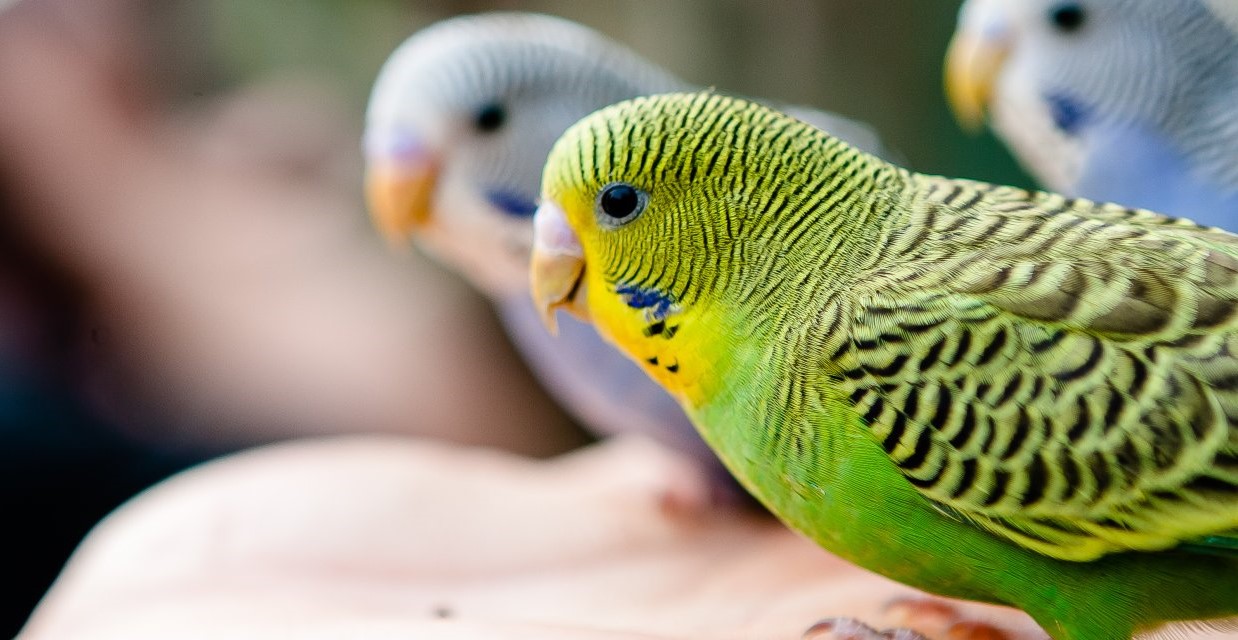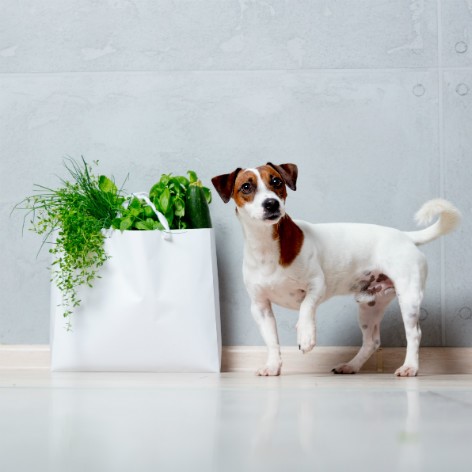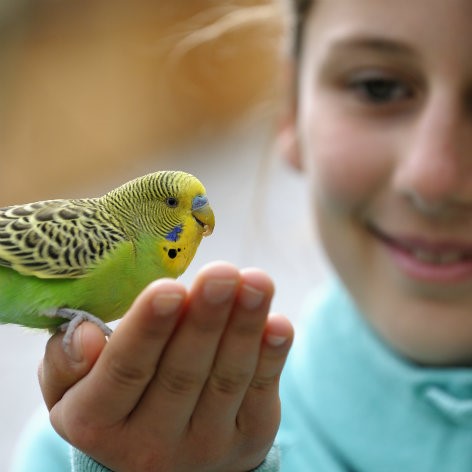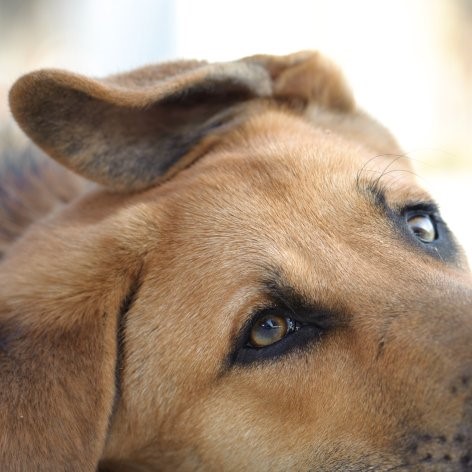Pet birds are social eaters and love to share a meal with their human flock mates; however, some foods can be toxic to our feathery friends.
To help you keep your birds safe, let’s look at some common foods that could be harmful or poisonous to pet birds.
1. Chocolate
Chocolate and chocolate-containing foods might be one of our favourite treats, but we should resist the temptation to share any with our bird buddies. Unfortunately, it’s harmful and sometimes even fatal for pet birds. Instead, offer a piece of sugary fruit like papaya or mango.
2. Apple Seeds
Certain fruits such as apples, pears, cherries, peaches, apricots, nectarines, and plums have seeds or pits that contain small amounts of cardiotoxic cyanide. In addition, fruit peels may have been sprayed with pesticides.
Therefore, it is imperative that you thoroughly wash and core all fruit before you share it with your bird.
3. Avocado
Avocado contains a toxic substance called persin that may cause heart damage, respiratory difficulty, and even sudden death in birds. Not all varieties of avocado are equally harmful. It is challenging to know which types of avocados will affect which bird species or how much a pet bird would have to eat to be affected.
Therefore, it is best to avoid feeding any avocado or avocado containing foods to your pecking partner.
4. Onions and Garlic
Just as onions and garlic are bad news for dogs and cats, they can cause vomiting, diarrhoea, and a host of other digestive problems for your feathered friend. Long-term, these veggies can also lead to weakness and anaemia (a lack of healthy red blood cells).
5. Mushrooms
Just as there are certain mushrooms we shouldn’t have a peck at, the same goes for our ravenous pet friends. Mushrooms can cause digestive upsets – even liver failure in birds, depending on the variety. Just leave them off the table totally if Lucky is on the loose.
6. Vegetable Leaves
The stems, leaves and vines of some popular garden plants such as potatoes, tomatoes, and some other vegetables are poisonous to birds. While you can give the fruit inside the skin to your pet, the rest could be toxic. So, peel carefully, bird-lovers.
7. Salt
Just as excess salt is not good for us, it is not good for our pet birds either. Too much salt can lead to excessive thirst, dehydration, kidney dysfunction and ultimately death. Even a small amount of salty chips, crackers or popcorn can be potentially toxic to a tiny bird. Instead, stick to the unsalted treat varieties.
8. Caffeine
It’s best to save your barista skills for your human friends, as caffeine is highly hazardous to your bird’s health. It can cause cardiac malfunction. So, instead, try treating your feathered friend to a bit of fruit or vegetable juice.
9. Dried Beans
You really don’t want to put uncooked beans on your bird’s menu, either. While cooked beans are a healthy supplement to your bird’s diet, raw beans contain a poison called hemagglutinin, which is very toxic to birds.
10. Alcohol
Alcoholic beverages like beer and wine depress your parrot’s organ systems and can be fatal. While technically not food, still stay safe by not allowing your bird to have any alcohol.
11. Xylitol
While the effects of this common artificial sweetener haven’t been studied in detail in birds, it is believed that they might be sensitive to the toxic effects of this chemical. Therefore, it is best to avoid this sweet option.
Sharing food with your pet bird can be a great way to make him feel part of the family; just remember to opt for safe and healthy snacks.





